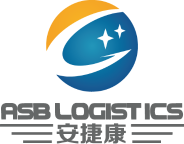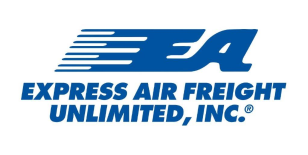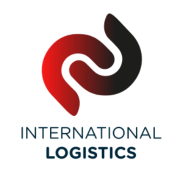Time:2022-02-16 Publisher:Kevin Num:5862
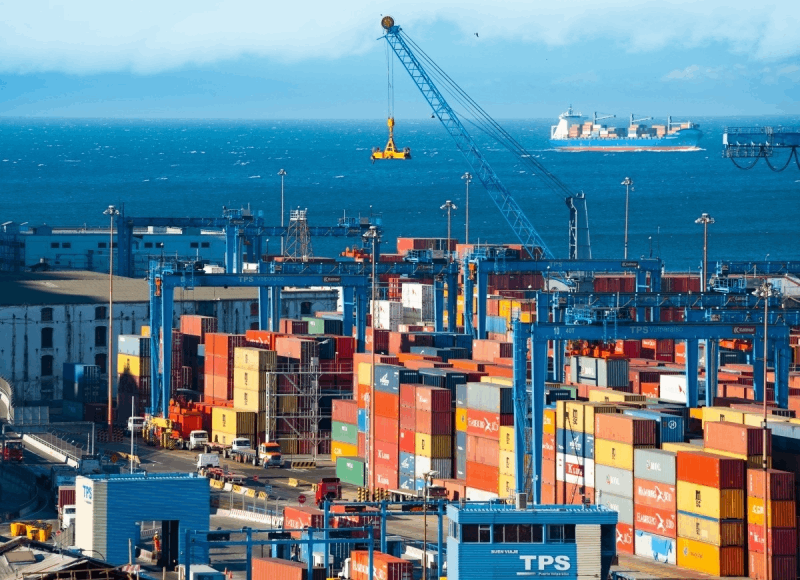
Port congestion has become the main theme of the shipping industry in 2021 and may even be in 2022. Faced with this thorny problem, shippers are most worried about paying extra costs. This includes demurrage and retention fee.
However, due to the indiscriminate collection of these two charges by shipping companies and freight forwarders, the Federal Maritime Commission has now begun to take some measures against this phenomenon.
FMC believes that common carriers include VOCC (shipping companies) and non-vessel carriers (freight forwarders), so the regulations on demurrage and retention should also apply to freight forwarders. FMC is soliciting opinions from the industry.
In addition, although port operators collect fees through shipping companies in most cases, in very rare cases, port operators will also charge customers directly. All FMCs are considering whether to regulate the port.
FMC puts forward the following requirements for the billing information of dem/det:
Import container: The bill should state the time of arrival of the ship, the start and end time of the free period, the start and end time of the charge, and the charge standard.
Export Container: Displays the earliest time to return the container.
To prevent double billing, the bill should list all billing companies that will be received. The bill also needs to identify the source of the charge.
Dem/det bills must be issued within 60 days of the charges being incurred.
If it is found that there is an error in charging the fee, the time or time frame for the refund needs to be specified.
23 shipping companies may face another fine
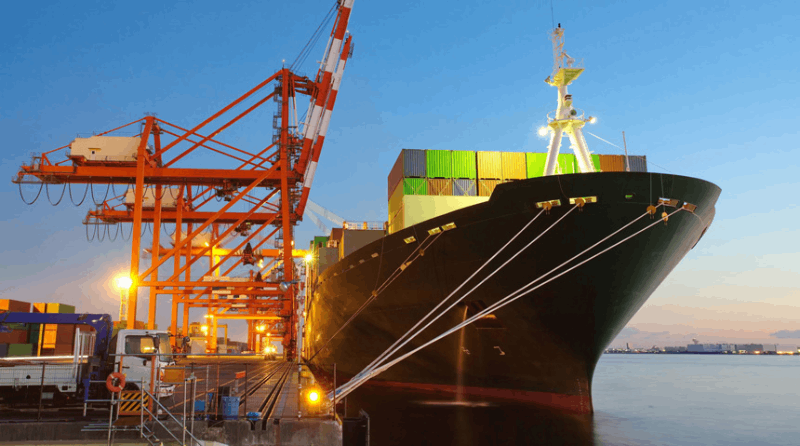
Following the previous fines issued to 23 shipping companies for manipulating the Southeast Asian route, the KFTC began to investigate the freight rates of the China-Japan route. If a problem is found, these shipping companies may face hefty fines again.
The purpose of this KFTC investigation is mainly to see whether these shipping companies have committed illegal acts such as collusion, monopoly and market price manipulation.
Many shipping companies said that according to the regulations of South Korea at that time, the shipping companies have the right to jointly negotiate the conditions of the freight rate. But the KFTC believes that the actions of these shipping companies are still illegal.
KFTC also stated that there are currently two ways for shipping companies to increase prices: one is to increase the agreed minimum rate, and the other is to increase the rate restoration. Because these shipping companies have not made a charge report before, they will be punished.
